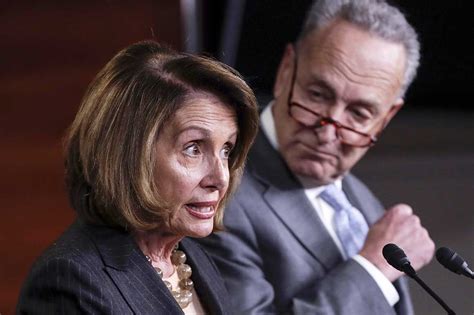The Senate on Monday confirmed Janet Yellen as the first woman to lead the Treasury Department, where her immediate priority will be addressing the coronavirus recession.
Yellen, a Democrat, was confirmed by the Senate 84-15, with broad bipartisan support.
All 15 “no” votes came from Republicans.
The Senate Finance Committee unanimously approved Yellen’s nomination last week, with Democrats and even Republicans touting her qualifications despite GOP opposition to much of President Biden’s economic agenda.
She is the third of Biden’s Cabinet nominees to be confirmed, following Director of National Intelligence Avril Haines and Defense Secretary Lloyd Austin.
Yellen brings a wealth of policy experience to her new position. She served as chair of the Federal Reserve from 2014 to 2018, making her the first woman to hold that position, and was head of the Council of Economic Advisers during the Clinton administration.
“The bipartisan support for Ms. Yellen’s multiple nominations reflects her breathtaking range of experience and just how well suited she is to manage the economic challenges of our time,” said Senate Majority Leader Charles Schumer (D-N.Y.) on Monday before Yellen was confirmed.
During her confirmation hearing, she advocated for a $1.9 trillion relief package floated by Biden that includes enhanced unemployment benefits, $1,400 direct payments, funds for vaccine distribution, and aid to state and local governments.
“I expect we will have no shortage of spirited policy discussions with Dr. Yellen in the months ahead, especially if some Democrats keep trying to use this historic emergency as a pretext to push through permanent far-left policy changes,” Senate Minority Leader Mitch McConnell (R-Ky.) said Monday ahead of her confirmation vote.
“But the simple fact is that when the American people elect a president and when the president selects qualified and mainstream people for key posts, the whole nation deserves for them to be able to assemble their team,” he added.
JUST IN: Janet Yellen sworn in as secretary of Treasury by VP Harris, becoming the first woman to hold the position. pic.twitter.com/C1EeCs94ig
— NBC News (@NBCNews) January 26, 2021
Vice President Harris will ceremoniously swear in Janet Yellen today as the first female Treasury secretary in US history https://t.co/ypKf7z2Cpl pic.twitter.com/PtzajxVSPs
— CNN Politics (@CNNPolitics) January 26, 2021
Republicans have indicated opposition to the size of the package and its impact on the national debt. Yellen has countered that the risks of too little stimulus are larger than the risks of too much government spending at this stage in the pandemic.

